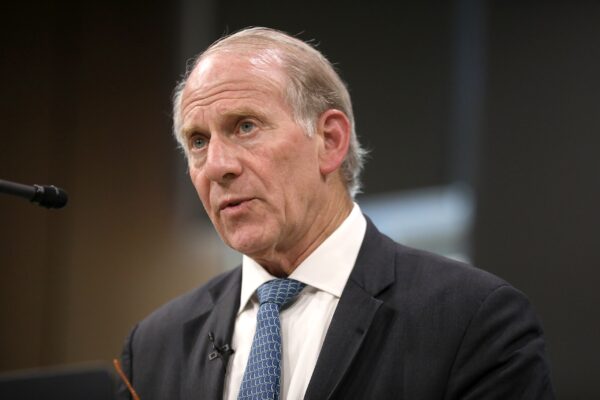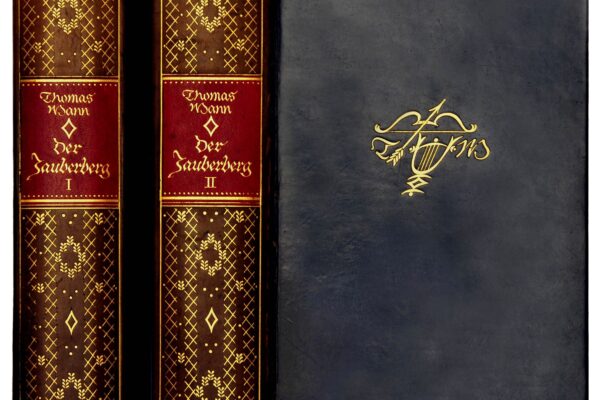Expanding the Legacy
The Sage of US Foreign Policy Has More to Say
To the minders of the literary establishment, he peddles ‘boneheaded nonsense’ (David Rieff in The New Republic) or takes ‘intellectual shortcuts’ (David Lipsky in the New York Times Review of Books), yet Robert D Kaplan remains one of the most-widely read commentators of present times. His often polarising work – dismissed as ‘cheap pessimism’ by most in academia – has been mandatory reading for US foreign policy mandarins of Republican and Democrat administrations alike. Mr Kaplan (66) attained sage-like status for predicting and documenting the rise of religious fundamentalism in Central Asia and for warning about its capacity to redefine warfare, long before the clash of civilisations became a global concern somewhere in 1996.
A World in Disarray
Moving at a disconcertingly accelerated clip, contemporary reality encroaches on visions of a dystopian world until recently confined to the realm of horror fiction. Featuring newspeak, doublethink, and memory hole – all currently accepted practices – George Orwell’s Nineteen Eighty-Four, first published in 1949 and never out of print, again shot to the top of bestsellers lists, as did Margaret Atwood’s The Handmaid’s Tale (1985) which depicts life in New England – a theocratic dictatorship which takes power, scraps the constitution, and reduces women to mere vessels for breeding.
The Luxury Book: An Antidote to Digital Fatigue
Mass-market luxury publishing, not necessarily a contradiction in terms, contributes to the resilience of the paper book. In the UK, Penguin Books – the world’s largest publishing house and built on the now perhaps outdated premise that a good book should not cost more than a pack of cigarettes – regularly releases luxury clothbound editions of classic works of literature for as little as £14. With the price of a pack of smokes approaching the ten quid mark, the publisher has stayed remarkable true to its mission.
A Sojourn in Davos
The Magic Mountain by Thomas Mann (Vintage Classics – 752pp – £11.25 – ISBN: 978-0-7493-8642-9) For all its potential as a canvas for the display of human suffering, sick-lit never quite made it as a genre. In her 1926 essay On Being Ill, Virginia Woolf expressed dismay at the near-universal...
A Balance Disturbed
Private Island: Why Britain Now Belongs to Someone Else by James Meek (Verso Books – 238pp – £8.55 – ISBN 978-1-7847-8206-1) It remains somewhat of a mystery how Chancellor of the Exchequer George Osborne manages the UK government’s financial affairs. Presiding over a buoyant economy, planning the biggest privatisation exercise...
Remembering a Forgotten Continent
In the last days of his presidency, José Mujica visited the Casmu Hospital in Montevideo to pay his respects to Uruguay’s foremost historian and poet. On April 13, Eduardo Hughes Galeano succumbed to lung cancer. A giant of progressive journalism, poet-laureate of the anti-globalisation movement, and – as is to be expected of any self-respecting South American intellectual – a former exile twice over, Mr Galeano was not only beloved in his native Uruguay but throughout the world.
Just Released

Africa AI Brazil Business Chile China Climate Corona Davos Debt Development Diplomacy Donald Trump Economy Elections Energy EU Europe Federal Reserve Finance France Germany HiFi History IMF Kamala Harris Military Monetary policy NATO Philosophy Politics Putin Russia Schwab Society South Africa Technology Trade Trump UK Ukraine UN US War WEF






